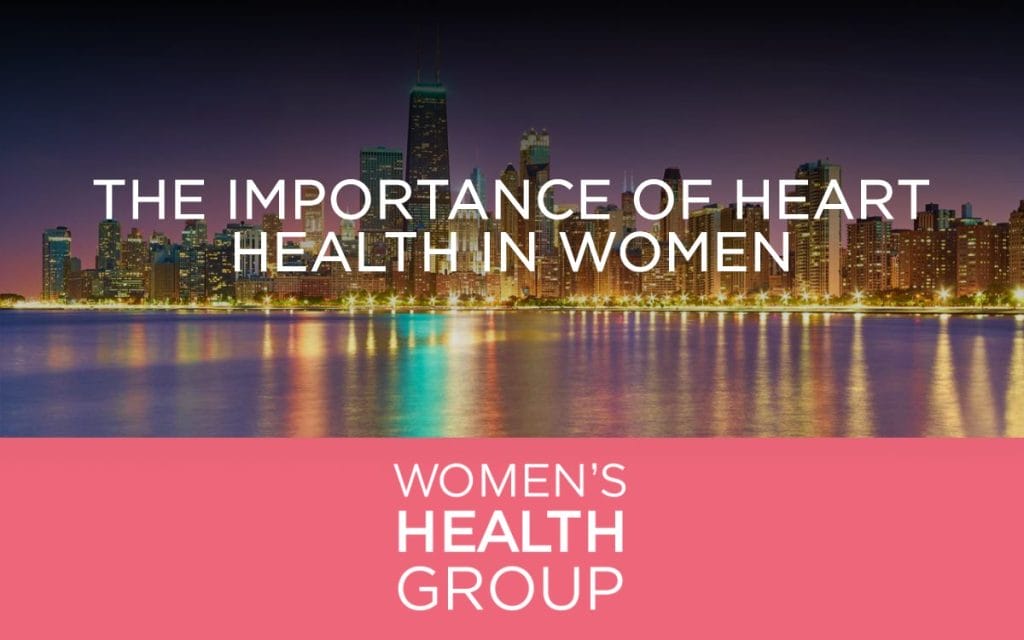Understanding Women’s Heart Health
In the sphere of public health, the importance of heart health, particularly in women, often goes unappreciated. As a Women’s Health Group and Obstetrician-gynecologist based in Chicago, Illinois, we cannot stress enough the vitality of this subject. Women’s heart health deserves recognition and understanding. It is often overlooked and underemphasized, yet it constitutes a critical element of overall women’s health.
The Distinction in Women’s Heart Health
Various significant factors contribute to the uniqueness of women’s heart health. It goes beyond the mere biological differences existing between men and women. Chronologically comparing health data, it can be deducted that women are prone to developing heart-related conditions approximately ten years later than men. Yet the risk of mortality in women after a heart attack is significantly higher. Understanding these distinct factors is vital in encouraging vigilance towards heart health and enabling proactive steps in women.
Recognition of Heart Disease in Women
Quite accurately described as a silent killer, heart disease often exhibits less conspicuous signs in women compared to their male counterparts. Symptoms can be subtle and easily mistaken for non-cardinal issues. Mostly, these symptoms include nausea, shortness of breath, fatigue, sweating, and light-headedness. However, one should not take these symptoms lightly. It’s essential to interpret these subtle signs and adapt proactive methods to protect and enhance heart health.
Importance of Heart Health
• Prolonged Life Expectancy: Heart disease forms the leading cause of death in women in the United States. Ensuring heart health means a longer life expectancy for women.
• Prevention of Heart Disease: Good heart health diminishes heart disease’s chances and reduces its risk factors such as high blood pressure and obesity.
• Quality of Life: Maintaining heart health invariably contributes to overall well-being and a enjoyable quality of life.
Role of a Balanced Diet and Physical Exercise
Research continuously upholds the impact of a nutritious, balanced diet and regular physical activity on heart health. A diet rich in fruits, vegetables, whole grains, and lean protein can help manage weight and maintain heart health. Regular physical exercise, be it light-intensity or high-intensity workouts, is greatly beneficial.
Regular Checkups and Monitoring
As emphasized by the Mayo Clinic, regular medical checkups to assess heart health factors like cholesterol, blood pressure, and blood sugar levels are the key to precaution. By doing so, one has the opportunity to adapt to a treatment plan early and avoid any potential heart health hazards.
The Impact of Stress and Mental Health
Psycho-emotional health significantly impacts heart health. Stress, depression, and anxiety can lead to complications like heart disease and stroke. It’s essential to address these issues and seek professional help when necessary to maintain heart health.
Conclusion
Heart health is fundamental to women’s overall health and well-being. As a community and society, it is our responsibility to raise awareness, implement prevention strategies, and facilitate access to prompt diagnostic and treatment facilities for heart disease. This need is echoed by resources offered by Women’s Health, U.S Department of Health and Human Services. Every woman should prioritize heart health, understand its importance, and take cognizant steps to maintain it. The heart indeed embodies the essence of life, and therefore, its health must not be compromised.




